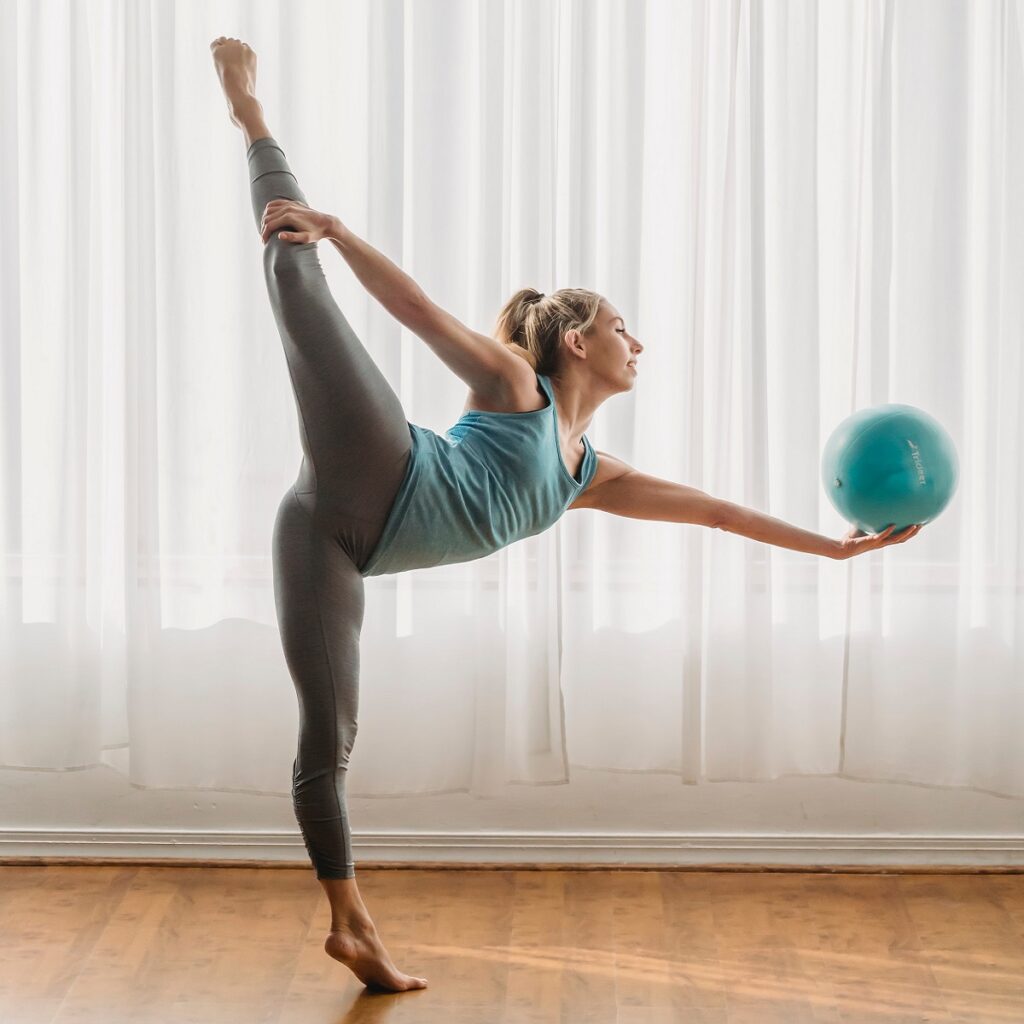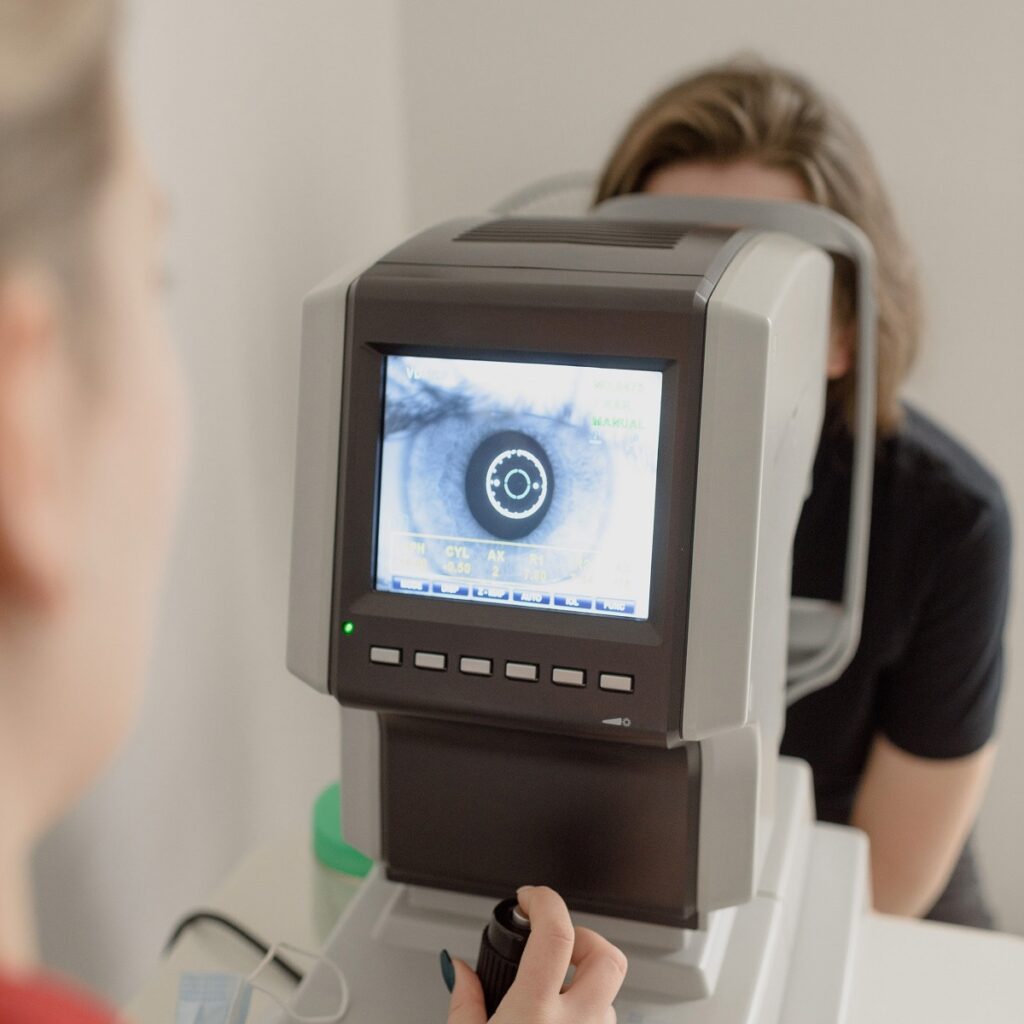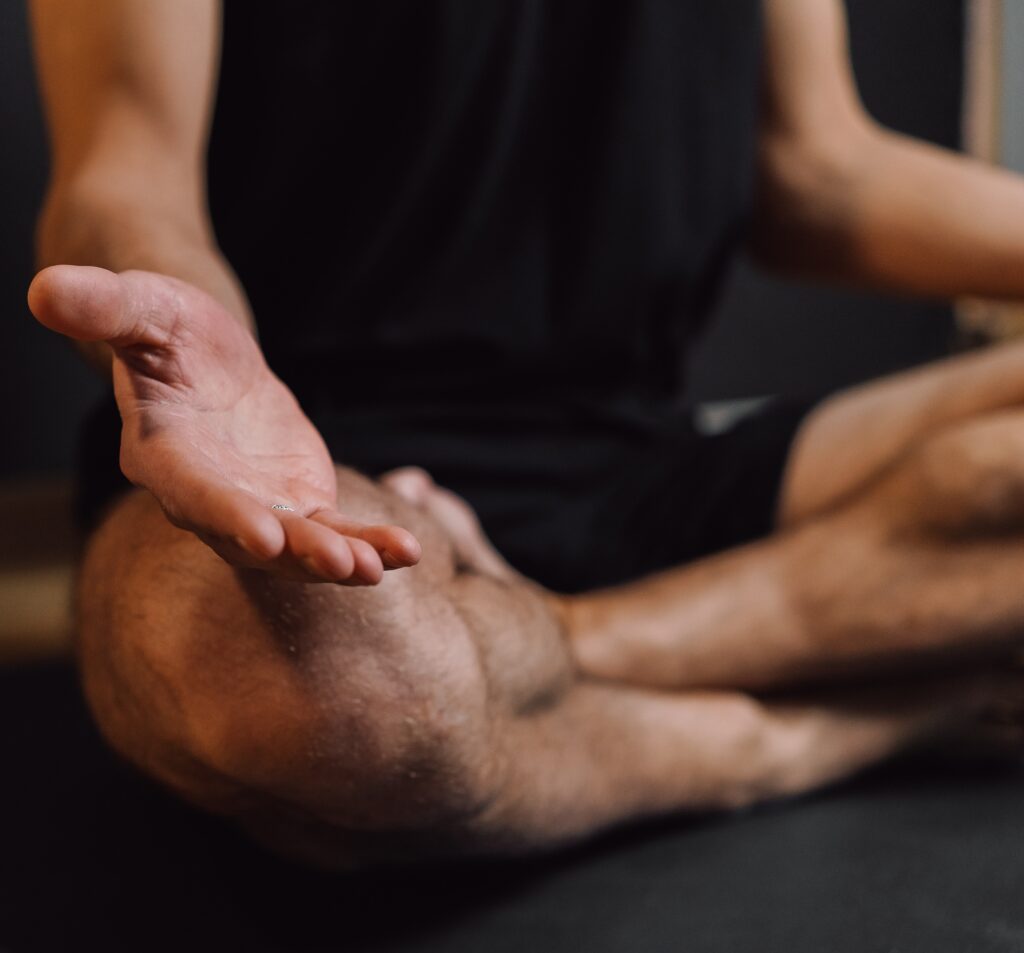Advice for Improving Your Balance

Understanding the complexities of balance and adopting the right actions to improve it can improve our general health and lower the chance of accidents. For people with autoimmune illnesses particularly, maintaining mobility and balance is vital to living a confident and active life.
What is Balance?
Our sensory systems, muscles, and brain work in sophisticated coordination to maintain balance, which is essentially an automatic response. Your vision, vestibular system (inner ear), and proprioception (awareness of body position) must all work together to maintain balance.
However, a number of things could upset this delicate balance. Weak muscles, sluggish reflexes, and vision problems are just a few factors that can impair our sense of balance.
The Risk of Falling
Unbalanced people are far more likely to fall, which can result in injuries and a loss of physical and mental health. Numerous medical ailments, including inner ear problems, hearing loss, irregular heartbeats, neuropathy, and specific autoimmune diseases, can impair our balance and raise the risk of falling.
How to Improve Balance

Balance Exercises
Exercises that emphasise balance and stability should be done. Yoga, tai chi, and balance training exercises can all help to build stronger muscles, better coordination, and improve balance in general.
Core Exercises
Your core muscles should be a major area of attention because they are so important for maintaining balance. To strengthen your core muscles, include exercises like planks, bridges, and abdominal workouts in your programme.


Maintain Healthy Vision
It’s critical to get regular eye exams and take the required precautions to keep clear eyesight if you want to stay balanced. If necessary, corrective lenses can greatly improve your capacity to accurately interpret your environment.
Build an Environment of Safety
Your home should be free of tripping risks, and the area should have enough light. Place grab bars, handrails, and clear walkways where there is a chance of slipping or falling.


Mindful Movement
Increase your body awareness and move mindfully. Take note of your posture, weight distribution, and bodily movements as you go about your regular tasks. Walking mindfully and practising motions with purpose can help with balance and coordination in general.
Keep in mind that improving balance takes time and constant effort. For more advice please get in touch and come to the clinic for a consultation, treatment and advice. Contact The Body Matters on 01702 714968.
- Unpacking Misconceptions About Deep Rest Meditation - 26th August 2025
- The Missing Piece in Wellness? Why Realization Process Offers More Than Mindfulness - 22nd July 2025
- Somatic Healing with the Amnanda Process - 18th July 2025
